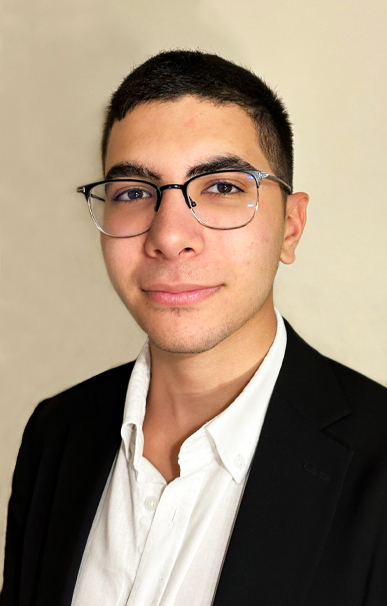Yagiz Devre ’26


Computer Science
Density Functional Theory-based Machine Learning Reactive Force Fields for Water and Aqueous NaCl and CO2 Solutions
Certificate(s): Environmental Studies, Finance, Statistics and Machine Learning
I delved into the innovative realm of carbon dioxide (CO2) capture and storage through mineralization in seawater. My project aimed to understand the molecular processes underlying CO2 mineralization into inert solids. I employed multi-level simulations, encompassing quantum mechanics and molecular dynamics, to explore the dynamics of CO2 hydration and bicarbonate formation in the presence of calcium and magnesium ions. I also developed machine-learned atomic interaction potentials tailored for aqueous CO2 systems involving calcium ions, magnesium ions and chloride ions, utilizing data from density functional theory-molecular dynamics simulations and refined simulation methodologies to generate datasets for potential development. This experience gave me valuable insights into quantum mechanics simulations, molecular dynamics and machine-learning techniques. I was particularly intrigued by how intricate atomic-scale interactions could drive large-scale environmental solutions and the machine-learning aspect of the algorithms utilized. This internship significantly influenced my academic trajectory by inspiring me to incorporate computational modeling and environmental research into my future endeavors. It has guided me toward a more focused pursuit of sustainable chemistry and environmental applications, shaping my senior independent project and long-term career aspirations in scientific research and innovation.
2023
Innovation and a New Energy Future
Carter Group, Department of Mechanical and Aerospace Engineering, Princeton University - Princeton, New Jersey
Emily Carter, Gerhard R. Andlinger Professor in Energy and the Environment, Professor of Mechanical and Aerospace Engineering; John Mark Martirez, Staff Research Scientist, Princeton Plasma Physics Laboratory



